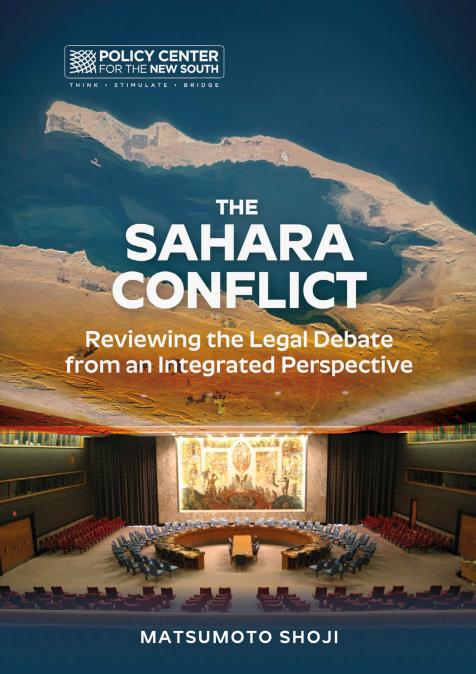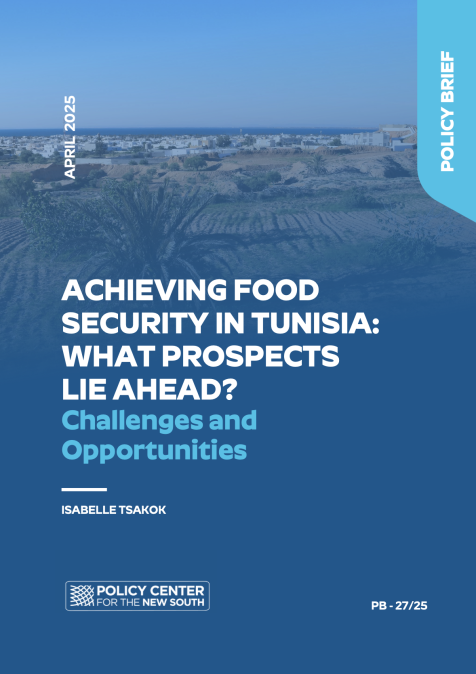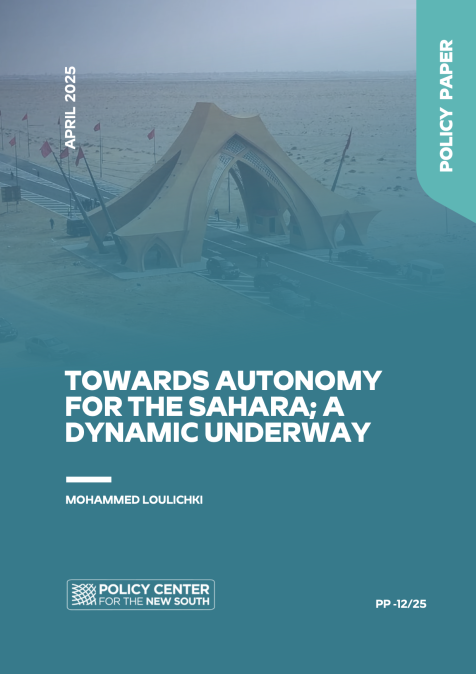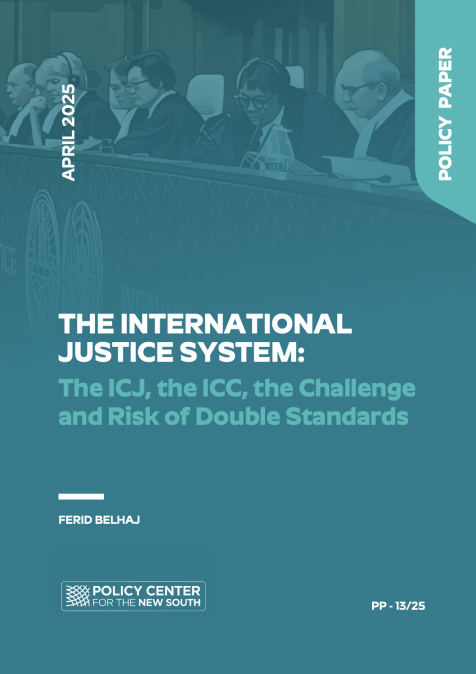Podcasts
La Vème République à l'épreuve des élections législatives anticipées
Related topics:
Les élections législatives françaises anticipées du 30 juin/7 juillet dernier, organisées dans le sillage des élections européennes qui entrainèrent une éclatante victoire du RN et l’effondrement de la majorité présidentielle, ont plongé la France dans une configuration politique inédite depuis la mise en place de la Vème République. Arrivé en tête, le Nouveau front populaire (NFP), l’alliance électorale des partis de gauche, ne compte que pour un peu moins d’un tiers des députés à l’Assemblée nationale. Dès lors, comment gouverner en étant aussi loin de la majorité absolue au sein de l’hémicycle, alors que le débat sur le besoin d’une VIème République gagne en force en France. Abdessalam Saad JALDI, Senior International Relations Specialist au PCNS, amorce une conversation avec Dominique Bocquet, Senior Fellow au PCNS







